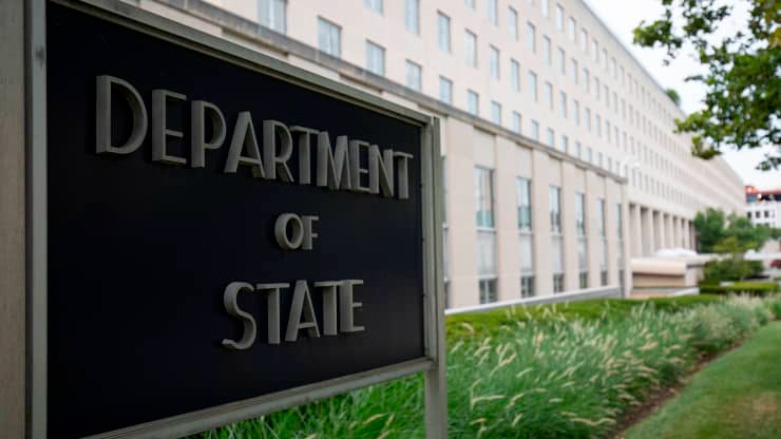$10 million reward for info on Iranians involved in cyber interference in US elections

WASHINGTON DC (Kurdistan 24) – On Tuesday, the State Department announced a substantial reward for anyone who provides information related to Iranian interference with the 2020 US presidential elections.
The State Department is seeking “information on Iranian cyber actors Seyyed Mohammad Hosein Musa Kazemi and Sajjad Kashian,” whom it described as “contractors employed by Iranian cyber company Emennet Pasargad.”
Through its Reward for Justice Program (RFJ), which is run by the Diplomatic Security Service, the State Department is “offering a reward of up to $10 million for information” on each of them.

Kazemi and Kashian are both relatively young—24 years old and 27 years old, respectively.
Emennet Pasargad, for whom they worked, “provides cyber capabilities and support to Iran’s Ministry of Intelligence and Security (MOIS), as well as to the Islamic Revolutionary Guard Corps (IRGC) and the IRGC-Qods Force (IRGC-QF),” according to the RFJ announcement.
“From at least September through November 2020,” it said, “Emennet staff participated in an Iranian state-sponsored, multi-phased online operation targeting the 2020 US presidential election.”
Kazemi helped to implement a “voter intimidation and influence campaign,” it stated, “by compromising servers” that were used to send “threatening” emails to voters. He was also involved in “compromising the email accounts of an American media company” and “preparing emails” that were sent to US voters in the course of the Iranian threat campaign.
Kashian’s work was slightly different. He “managed computer network infrastructure,” which was “used to carry out the voter intimidation and influence campaign.”
Kashian also obtained social media accounts that were employed in “the voter intimidation and influence campaign,” the RFJ statement said.
The RFJ program was established in 1984, during the Reagan administration. As its website explains, the program “offers rewards for information on terrorism, foreign-linked interference in US elections, [and] foreign-directed malicious cyber activities against the United States.”
One of the program’s greatest successes was the arrest, in February 1995, of Ramzi Yousef, the mastermind of the 1993 bombing of New York’s World Trade Center, in Islamabad, Pakistan.
Read More: Revisiting Ramzi Yousef’s terrorism: World Trade Center bombing and Philippines plane bombing plot
The RFJ still has an outstanding offer of $5 million for information leading to the arrest of another individual involved in that attack: Abdul Rahman Yasin, who remains on the FBI’s most wanted list.
Yasin is an Iraqi-American, born to an Iraqi father, while he was a student at the University of Indiana. Yasin traveled from Baghdad to New York before the bombing, and he returned there afterwards.
A joint investigation between ABC News and Newsweek, for which this reporter was consultant, discovered Yasin in the summer of 1994, a year after the bombing, outside his father’s house in Baghdad. However, almost nothing has been reported about him in the years since then.
